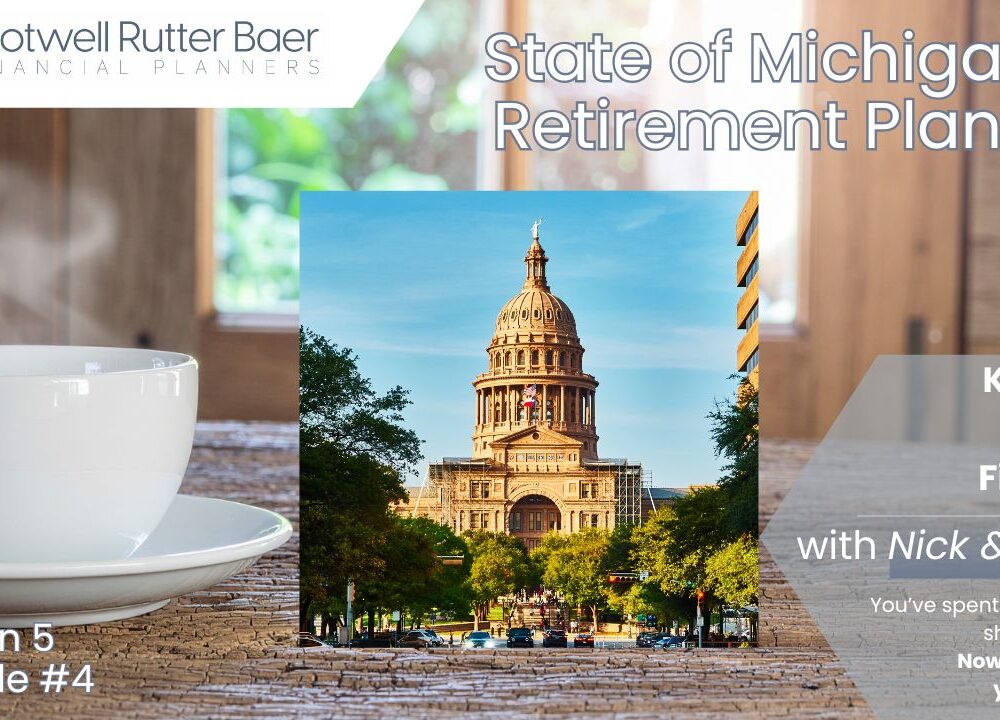The Game Stop Problem

Podcast: Play in new window | Download
For the last few days, all the talk in the finance world has centered around a company called Game Stop. We’ve been fielding a lot of questions about what has been going on, and what it means for the economy and the markets.
Game Stop is a chain of retail stores that buys and sells used video games. Their business model has not done well for the last several years, as gamers can now download games over the internet rather than buy physical games, and that has been compounded by the Covid Pandemic.
What Happened To Game Stop?
Many large hedge funds had shorted Game Stop’s stock. Shorting a stock means that they made a bet that the stock would go lower as the business worsened. When you short a stock, you are borrowing shares you don’t own from a brokerage firm, with the intent that you will buy the shares when the stock has gone down, give those shares back to the brokerage that you borrowed from, and get to keep the difference. If the stock goes up instead, you must pay more for the shares instead, and you lose the difference. In the meantime, while waiting for the stock to go down, you must pay interest to the brokerage firm where you borrowed the shares, and you must maintain enough equity in the account to satisfy margin requirements. It all gets very technical, but the bottom line is that short-sellers take on a lot of risks and it can get expensive if their bets don’t work out.
Recently, groups of individuals on the internet have banded together to buy Game Stop stock and drive the price up. Game Stop’s stock has risen from $40 / share a few weeks ago to over $300 / share on a few recent days. Stock prices are based on demand for the shares, so these groups were creating extra demand for the stock which in turn fueled higher prices.
This caused a huge problem for the hedge funds who had bet that Game Stop’s stock would continue to drop. As the price went up, their short positions got more and more expensive. They began buying the stock back to close their loan positions, which in turn created more demand and drove the price even higher. This is called a short squeeze, which traditionally was something hedge funds would do to each other. In this instance, the big institutional investors were losing money because of small investors banding together. This further encouraged those small investors. Some of the hedge funds involved lost billions of dollars, while on paper the small investors were showing profits.
To understand the problem with what is going on with Game Stop, it helps to think about how to think about the value of a stock, and how that can differ from its price. The value of a stock is based on the business outlooks of the company it represents. When you buy shares of a stock, you become a part-owner of the company, which means you’re entitled to a share of the company’s future earnings and growth. Stocks usually trade in a range based on the current earnings and how they are expected to change in the future.
Value is one thing, but the actual price of a stock is determined by supply and demand. While the company’s earnings and business growth are part of the price, popular companies that are expected to grow quickly might trade at higher prices than the current numbers would suggest, because investors, in general, expect them to continue growing.
The hedge funds that shorted Game Stop was looking at the current price, and looking at the industry and business, and expected the outlook to be negative. Thinking about Game Stop’s business model, it’s difficult to disagree with them. What they hadn’t counted on was that individuals would flock together to drive the price of Game Stop’s stock higher despite it being a lousy investment. At this point, Game Stop’s stock is far higher than its business would ever suggest makes sense.
This difference between the value of the company and the price of its shares is where the problems for the individual investors come in: They have made money on paper, but to realize those gains, i.e., take the money out and buy things with it, they need to sell their shares to someone else. Since the share price is so high, there is no investment reason for anyone to buy Game Stop. The individuals who bought need to count on someone else being willing to buy their shares at a price higher than what they paid. As they begin to try and realize their gains, demand for the stock will drop, and the share price will most likely plummet back to a more realistic value. Some of the individuals will no doubt profit, but many will get stuck owning expensive shares that will never get back to what they paid for them.
What the individuals were doing was not investing, but gambling. In essence, the Reddit groups are playing musical chairs with each other. There is no intrinsic value to support the prices that they created, they’re simply gambling that other people will be foolish enough to pay those same prices or more. When those fools no longer show up to buy shares at ridiculous prices, the game will be over and many of them will be stuck with shares worth only a fraction of what they paid for them.
What does all this mean for actual investors? Probably not much in the long – run. Hedge funds will probably be more cautious about which firms they short, and they will probably work harder to keep their positions secret. Some individual buyers will get hurt, and that has the bad effect of discouraging people from saving and investing. Most stocks will continue to trade based on fundamental values and the world economy will continue to function.
About Shotwell Rutter Baer
Shotwell Rutter Baer is proud to be an independent, fee-only registered investment advisory firm. This means that we are only compensated by our clients for our knowledge and guidance — not from commissions by selling financial products. Our only motivation is to help you achieve financial freedom and peace of mind. By structuring our business this way we believe that many of the conflicts of interest that plague the financial services industry are eliminated. We work for our clients, period.
Click here to learn about the Strategic Reliable Blueprint, our financial plan process for your future.
Call us at 517-321-4832 for financial and retirement investing advice.
Share post:
